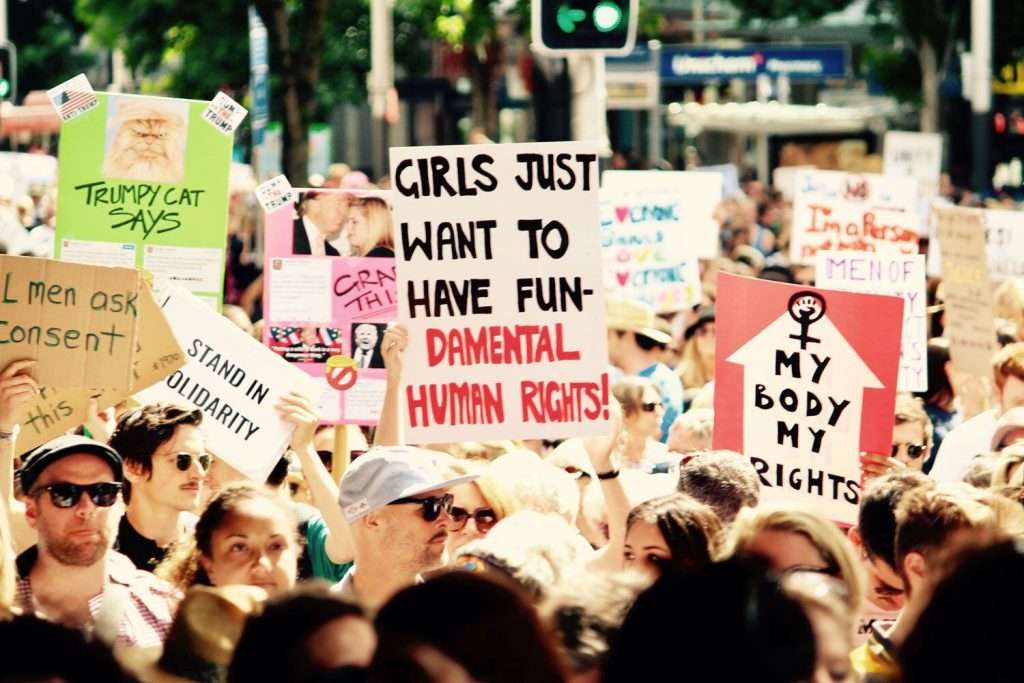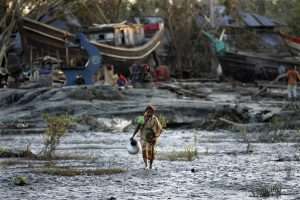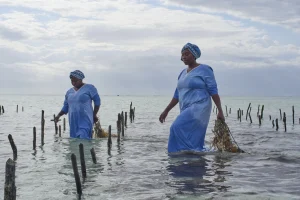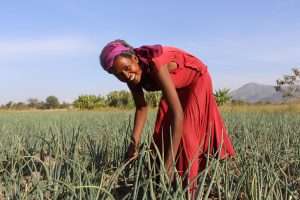Women’s equality: UN meeting starts with 5 male speakers

An annual meeting of the UN body to promote equality for women began with five male speakers in a row, reports Arab News plus agencies.
On the 11th of March, five men took to the stage promoting justice for women, however, the lineup baffled the hundreds of women who stood packed in the General Assembly chamber.
The third male speaker, Croatia’s UN Ambassador Ivan Šimonovic representing the UN Economic and Social Council, apologised for the absence of the council’s female president, who had a family emergency. He stated, “You are getting the male vice president, adding to the agenda disbalance of this opening”.
Some of the men felt uneasy with the imbalance of the men-to-female ratio. Achim Steiner, the head of the UN Development Program, the last of the male speakers stated, “I am very conscious of the fact that I am yet another man standing at this podium addressing you.”
However, he made light of the situation stating that he had two choices, either “don’t speak or stand up” to support gender inequality.
The crowd loudly cheered as the first woman approached the podium, Chetna Gala Sinha, who represented civil society, and was sixth in line.
she stated, “Our women want to go from microcredit to micro-enterprise” so “there has never been a better time to invest in women”- the theme of this year’s meeting of the UN Commission on the Status of Women.
Almost every male and female speaker spoke of the troubles women and girls face during conflict, specifically in the Israeli-Hamas war in Gaza.
The second male speaker, UN Secretary-General Antonio Guterres, stated that women and girls are suffering most “from wars waged by men”.
He reiterated his call for a humanitarian ceasefire in Gaza, noting that Ramadan, the Muslim holy month that started on the 11th should be a time for compassion, instead families are struggling to survive.
Last week, Guterres described that achieving legal gender equality could take 300 years, while at the meeting, he highlighted two worrying trends that are hindering women’s equality.
The first is that the patriarchy is regaining ground as autocrats and populists attack women’s freedoms and their sexual and reproductive rights. The second is that the domination of digital technologies and artificial intelligence by men is leaving women’s needs and rights ignored.
On top of the dangers women face in high conflict zones, the meeting also spoke of the issue of poverty that over 300 million women face.
According to UNwomen, 10.3% of women live in extreme poverty globally today. Progress towards ending poverty needs to be 26 times faster to achieve sustainable development goals by 2030.
The UN Development Program’s Steiner said that the problem of women living in extreme poverty can only be solved by making gender equality “a core value” at every stage of public financing.
He noted, “The poverty experienced by so many women and girls are not inevitable outcomes of the crisis we face, but rather a consequence of systemic failures.”
Sima Bahous, the head of the UN agency promoting women’s rights and gender equality stated that if spoken commitments to equality could be matched by funding in budgets, “more than 100 million women and girls could be lifted out of poverty”.
She continued saying that closing gender gaps in employment could boost gross domestic product per capita by 20%.
READ: Afghan women’s freedom and salon closures
Bahous told the commission that backlash against gender equality is rising “with a ferocity and anger that is unfamiliar to many of us”. She finished by stating “Peace feels painfully distant, war painfully prevalent, suffering painfully ubiquitous.”
Arab News/ Agencies.
Want to chase the pulse of North Africa?
Subscribe to receive our FREE weekly PDF magazine














